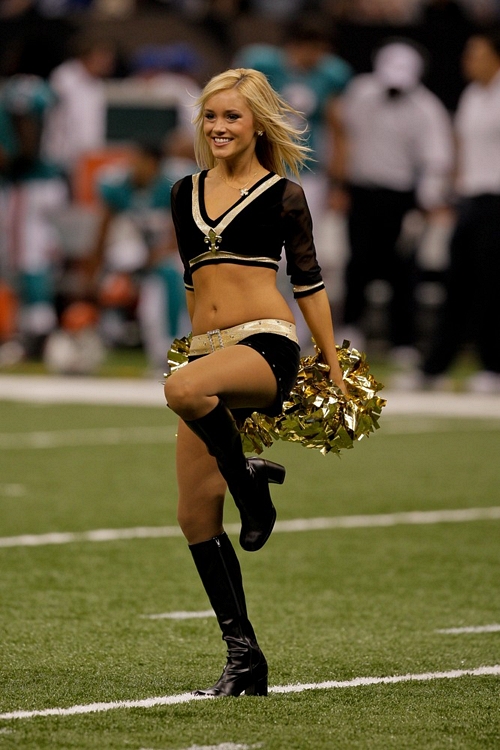

The Bills disbanded their cheer team rather than face a legal challenge over alleged violations of minimum wage laws. One year later, the team settled a wage-theft lawsuit with its cheerleaders for $1.25 million. In 2013, it took a lawsuit to get the Raiderettes minimum wage and overtime pay. “The antiquated stereotype of women needing to hide for their own protection is not permitted in America and certainly not in the workplace.”ĭavis’ complaint is far from the first legal action taken against the NFL by a team’s cheer squad in recent years. “If the cheerleaders can’t contact the players, then the players shouldn’t be able to contact the cheerleaders,’ Sara Blackwell, Davis’ lawyer, told the Times. race, color, religion, sex, national origin, age, disability, or sexual orientation, regardless of whether it occurs in the workplace or in other NFL-sponsored settings.” It prohibits “any forms of unlawful discrimination in employment based on an individual’s. Her case hinges on a key part of the league’s personal conduct policy, which applies to all employees. Saints’ players had no onus to follow strict fraternization rules with the team’s dancers. The basis of Davis’s complaint is that while employed as NFL personnel, she was forced to follow rules that applied only to women. Once on the clock, they make $10.25 an hour. If Saintsations members follow these rules, then they’ll have the opportunity to take the field each home game.

must not attend any unapproved events where an active player may be.not post any photos of themselves in Saints gear.block current NFL players from following them.set all social media accounts to private.Davis’ complaint has shed light on the wide-ranging anti-fraternization and conduct policies that create vastly different standards for players and cheerleaders.Īccording to the investigation, which culled its findings from the Saints’ cheerleader handbook, internal emails/text messages, and interviews with Davis, the Saintsations must: The NYT investigation details how the franchise controls nearly all aspects of its cheerleaders’ - known as the Saintsations - public lives, from who they can be seen with in public to what they can post online and who can view it. The second came days later when she posted a picture of herself in what the Times describes as a “one-piece outfit” to a private Instagram account. The first came when she was accused, without proof, of being at the same party as one of the team’s active players. The original complaint helped expose just how unfair and strict rules for the Saints’ cheer team can be.ĭavis was fired by the Saints for two reasons. “But if they do want and expect that cheerleaders should have a fair working environment, as they have staetd, then it doesn’t make any common sense why the answer would be no.” “We’re not asking them to admit fault, or to admit guilt, or even admit that there is anything wrong,” Blackwell told the Times. It’s an interesting development, and Sara Blackwell, the lawyer for Davis and Ware, said there’s no reason for the league to say no. Sent to NFL lawyers on Tuesday, the proposal also would not allow teams with cheerleading squads to disband them in retaliation for at least five years.

That proposal is simple: they will settle their claims for $1 each if NFL commissioner Roger Goodell and the league’s lawyers meet with a group of at least four cheerleaders to “prepare a set of binding rules and regulations which apply to all NFL teams.” On Tuesday, the lawyer representing Davis and another former cheerleader, Kristan Ware, made a settlement proposal, also according to the Times. Former New Orleans Saints cheerleader Bailey Davis has filed a complaint with the federal Equal Employment Opportunity Commission after being fired from the team, according to a report from the New York Times.


 0 kommentar(er)
0 kommentar(er)
